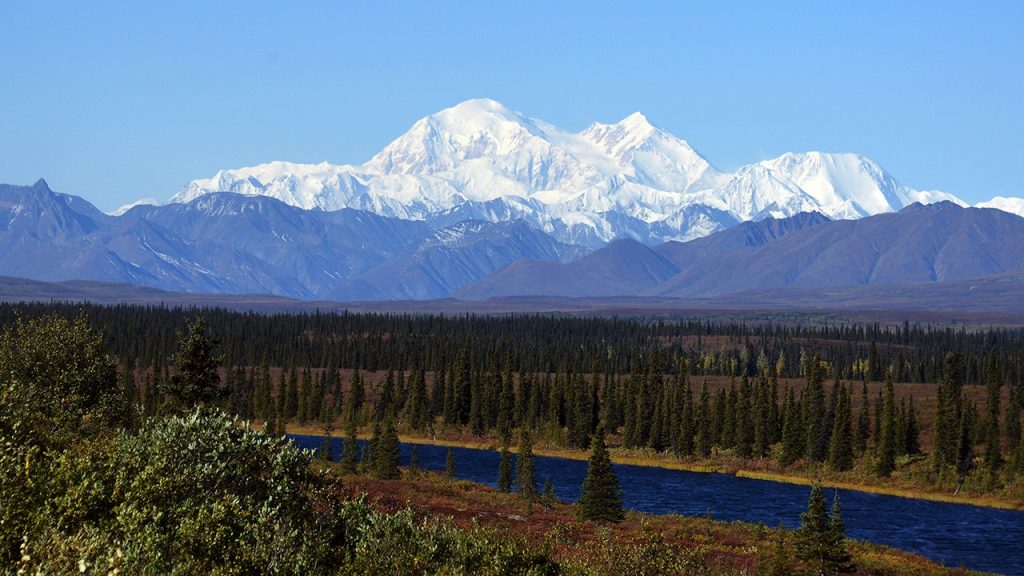The renaming of North America’s tallest peak has become a recurring point of contention, symbolizing a broader clash between historical legacy, cultural recognition, and political posturing. Initially dubbed Mount McKinley in 1896 by a gold prospector to honor then-presidential nominee William McKinley, the mountain’s name has been a source of debate for over a century. The 2015 decision by President Obama to officially recognize the mountain by its Koyukon Athabascan name, Denali, meaning “High One” or “Great One,” reignited the controversy. This action, intended to honor the indigenous people and their historical connection to the land, was met with resistance from some, particularly those with ties to McKinley’s home state of Ohio.
President Trump’s recent pledge to revert the name back to Mount McKinley underscores the politicization of the issue. Positioning his stance alongside McKinley’s Republican affiliation and shared belief in tariffs, Trump frames the name change as an affront to his predecessor and a symbolic rejection of Obama-era policies. This move, echoing his previous pronouncements on the subject, highlights the mountain’s name as a battleground for partisan politics. Simultaneously, Trump’s pledge to reverse the renaming of Confederate-named military bases further emphasizes his appeal to a specific segment of the electorate and his willingness to engage in symbolic gestures with cultural and historical implications.
The debate over the mountain’s name reflects a deeper struggle for recognition and representation. For Alaskans, particularly the indigenous Koyukon Athabascan people, Denali represents a reclaiming of their heritage and a validation of their historical connection to the land. The name carries cultural significance, embodying the reverence and respect they hold for the majestic peak. Conversely, for those who advocate for retaining Mount McKinley, the name represents a tribute to a former president and a piece of American history. This perspective often emphasizes McKinley’s achievements and the historical context surrounding the initial naming of the mountain.
The Alaskan perspective on the issue is largely unified in favor of Denali. Senator Lisa Murkowski, a Republican representing Alaska, has vocally opposed Trump’s pledge, emphasizing the long-standing indigenous history associated with the name. Her colleague, Senator Dan Sullivan, also a Republican from Alaska, though originally from Ohio, has expressed support for Denali, emphasizing the cultural significance of the name bestowed by the Athabascan people. These Alaskan voices highlight the importance of local perspectives and the desire to honor the indigenous heritage of the region.
Historical figures like the late Representative Ralph Regula of Ohio played a significant role in obstructing previous attempts to rename the mountain. Regula’s dedication to preserving the name Mount McKinley stemmed from his representation of Canton, Ohio, McKinley’s hometown. His staunch opposition reflected a strong local sentiment and a desire to honor a figure of historical importance to the region. This deep-rooted connection to McKinley’s legacy underlines the complexity of the debate and the varying perspectives at play.
Even within Ohio, there are voices that acknowledge the importance of deferring to the wishes of Alaskans. Lieutenant Governor Jon Husted’s previous statement recognizing the right of Alaskans to determine the name of the mountain within their own state demonstrates a nuanced understanding of the issue. While expressing appreciation for McKinley’s legacy and his connection to Ohio, Husted’s stance highlights the importance of respecting local autonomy and acknowledging the cultural significance of the name Denali for Alaskans. This perspective offers a middle ground in the often polarized debate, emphasizing the need for respectful dialogue and consideration of diverse viewpoints.

